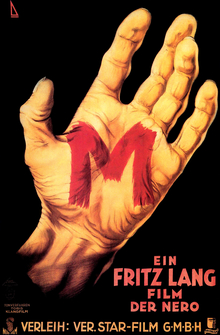The clever part of this game's story is the kind of meta commentary it offers on the nature of video games. The first game was basically about player agency and the ability for game designers to shuffle you down a tunnel and make you think you have choice when you don't. This game opens that up and kind of comments on the way video games do present choice in games and how player choice is accounted for and what part chance plays or the illusion of chance and randomness. My major issue with the game, is one I have with video games in general as a story telling medium and that is that the best way to leverage the advantages of the medium is through player self discovery and agency, however, this is also that one area that presents a huge risk to the narrative. In my play through, I definitely went "off the rails" and missed a few key audio logs which made the following audio logs quite confusing. I know an major element of confusion is part of the structure of the narrative and is required for the reveal at the end, however, it then made the ending more confusing than it needed to be. The catch 22 with the medium as a story telling method is that if you present the story to me in a linear scripted fashion, then I may as well be watching a movie or reading a book where there is more flexibility in perspective and agency doesn't need to be accounted for. Loved the game, but it does serve to highlight the limitations of the medium with regard to story.
Well I do feel that player agency can add something above and beyond a movie even in a largely linear expository fashion. The Walking Dead was a good example of this I thought. There are also games that give you the impression of exploration, while making sure you unconsciously go into the right direction. The problem for me with B:I is that you have to consciously go into the wrong direction to get the story.






